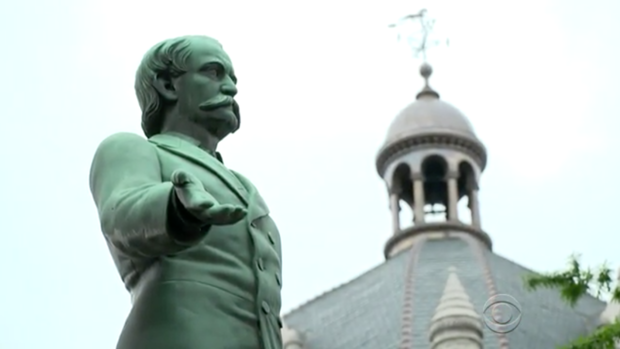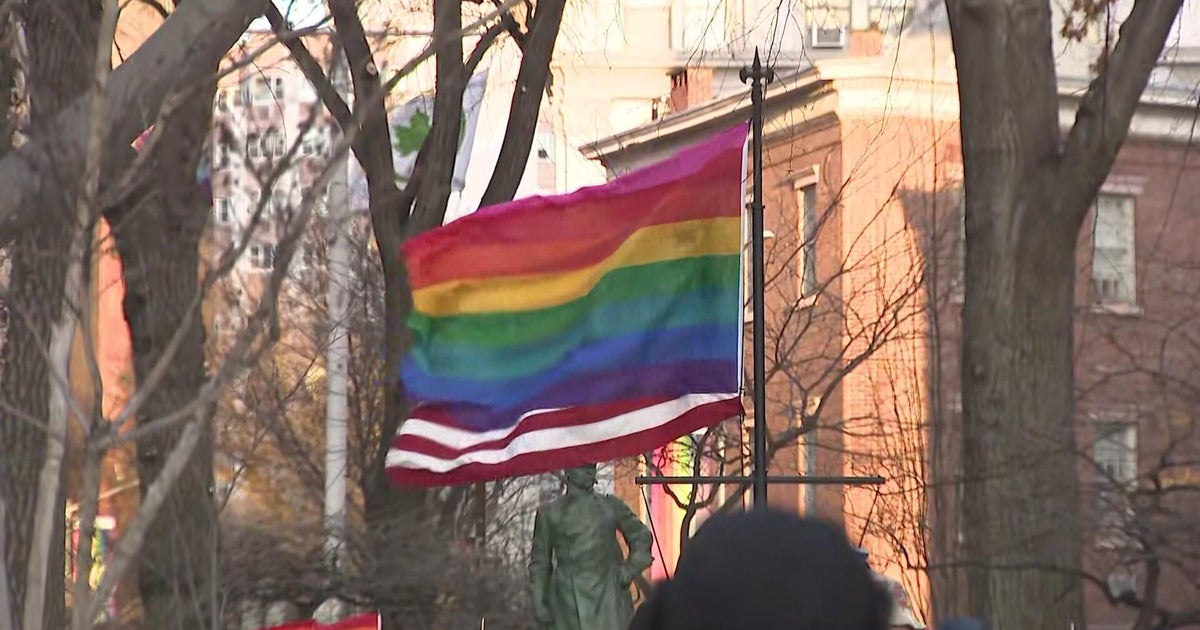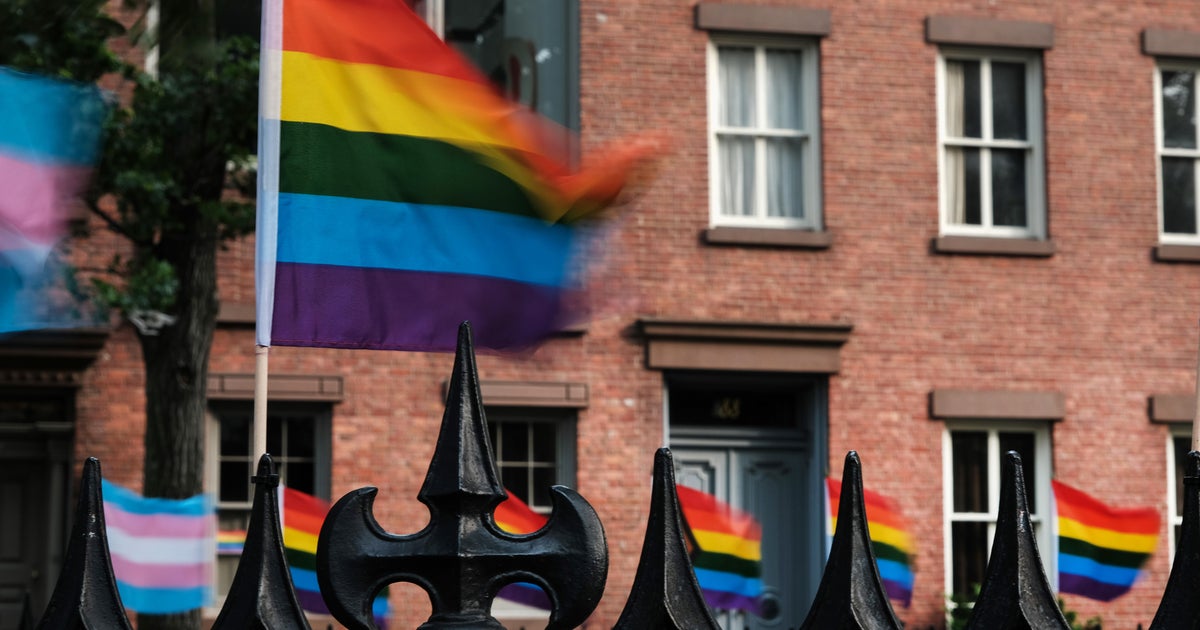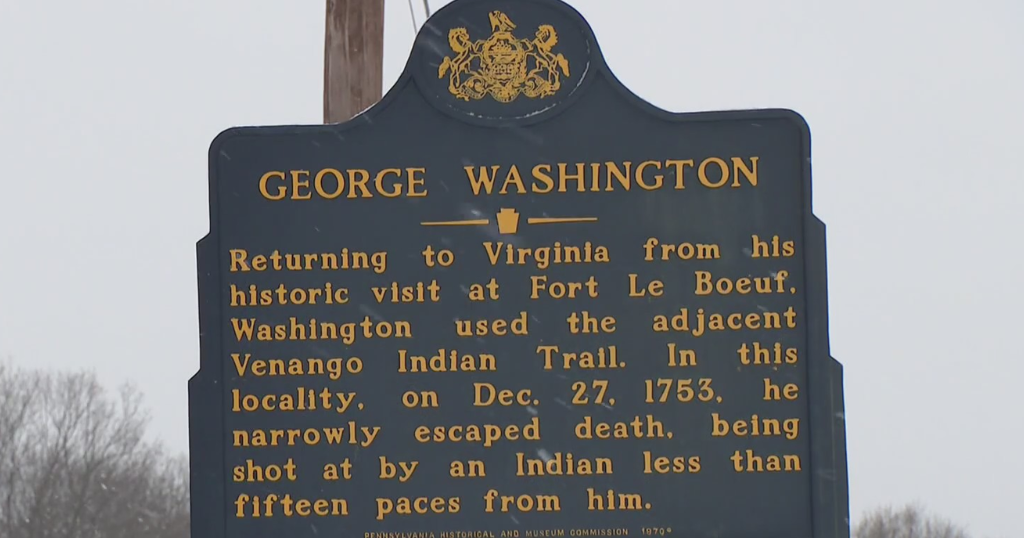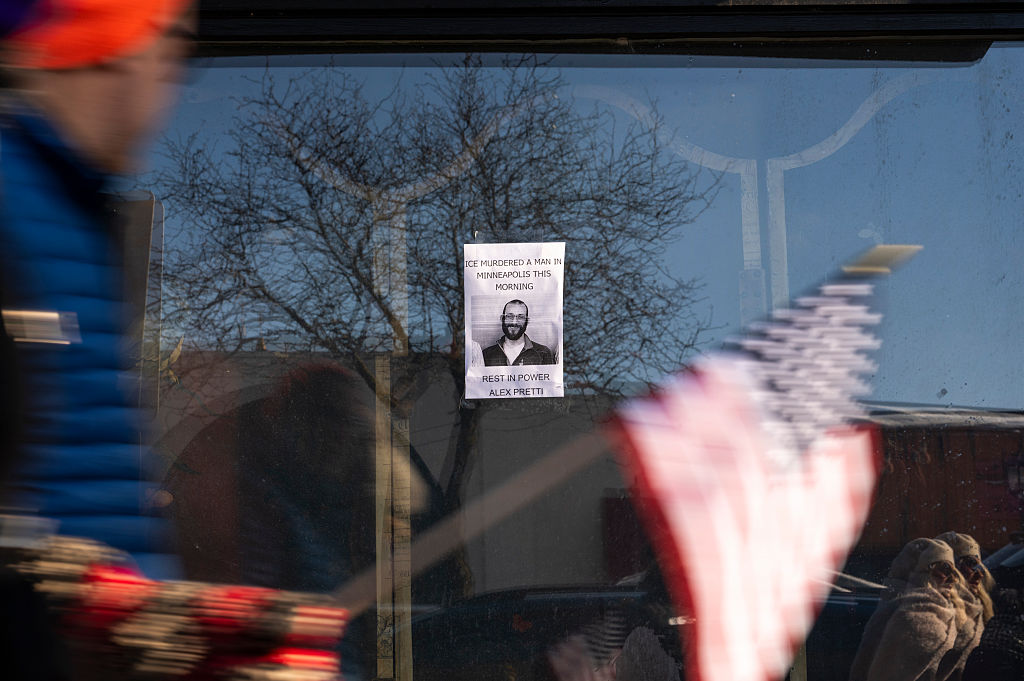Confederate monuments face increased scrutiny across Southern states
LEXINGTON, Ky. -- The violence in Charlottesville began with a protest against plans to remove a statue of Confederate Gen. Robert E. Lee from a public park.
There are hundreds of similar confederate monuments in more than half the states.
The two Confederate memorials cast a large shadow in downtown Lexington, Kentucky, and Mayor Jim Gray says for a state that never seceded from the Union, the debate to remove them is over.
"Mayors are on the razor's edge when you see the tension, when you see the violence that we saw in Charlottesville then you know that you must act," Gray says.
That edge has recently been the scene of sharp clashes between protesters and supporters in many cities.
From San Antonio to Richmond, Virginia, to Baltimore, where city leaders on Monday announced Confederate monuments should come down.
The Southern Poverty Law Center found some 1500 Confederate memorials across the country, and more than 700 of them are statues and monuments, and 10 U.S. military bases are named for Confederate officers.
"People haven't learned or stopped to think about the history of these monuments," says Amy Taylor, a Civil War historian at the University of Kentucky-Lexington.
Taylor says the renewed debate signals a tipping point in how the country talks about race.
"We are in another moment of American race relations i'm not sure what we can call it exactly," Taylor says. "I think that it is tapping into a deep issue of moral beliefs and values."
"Clearly this is not about the Civil War, these are artifacts of the Jim Crow South," she says.
The Confederate memorials in Lexington were placed on the same courthouse grounds where slaves were auctioned off in the deep South. The removal process is not a done deal, and the final say rests in both with the city council and the Kentucky Military Heritage Commission.
